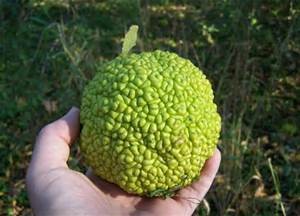Modern science and technology have given us the engineering techniques to maesure, analyze, and take apart the immediate neighborhood, including the neighbors. but this knwoledge adds not much to our understanding of thigns. ‘Knowledge is power,’ said Francis Bacon, reat great-grandfather of the nuclear age. Power, exactly- hat’s been the point of the game all along. But power does not lead to wisdom, even less to understanding. Sympathy, love, phsycal contact-touching- are better means to so fine an end. -51
This passage reminded me of our Whitman reading from the first day of class. Regardless of who is an “expert”, or how much we know of something scientifically, there is still a sense of awe that cannot be replaced by facts, data sets, experiments within a lab. Wisdom can be sent to you in numerous capacities, from sources that may not be accepted as those that usually gant people knowledge and understanding. Sometimes we need to look within to connect with something or to best grasp a concept, rather than look to the greater scientific communit for something that has been agreed upon and tested using variables and hypothesis.
To each their own.

